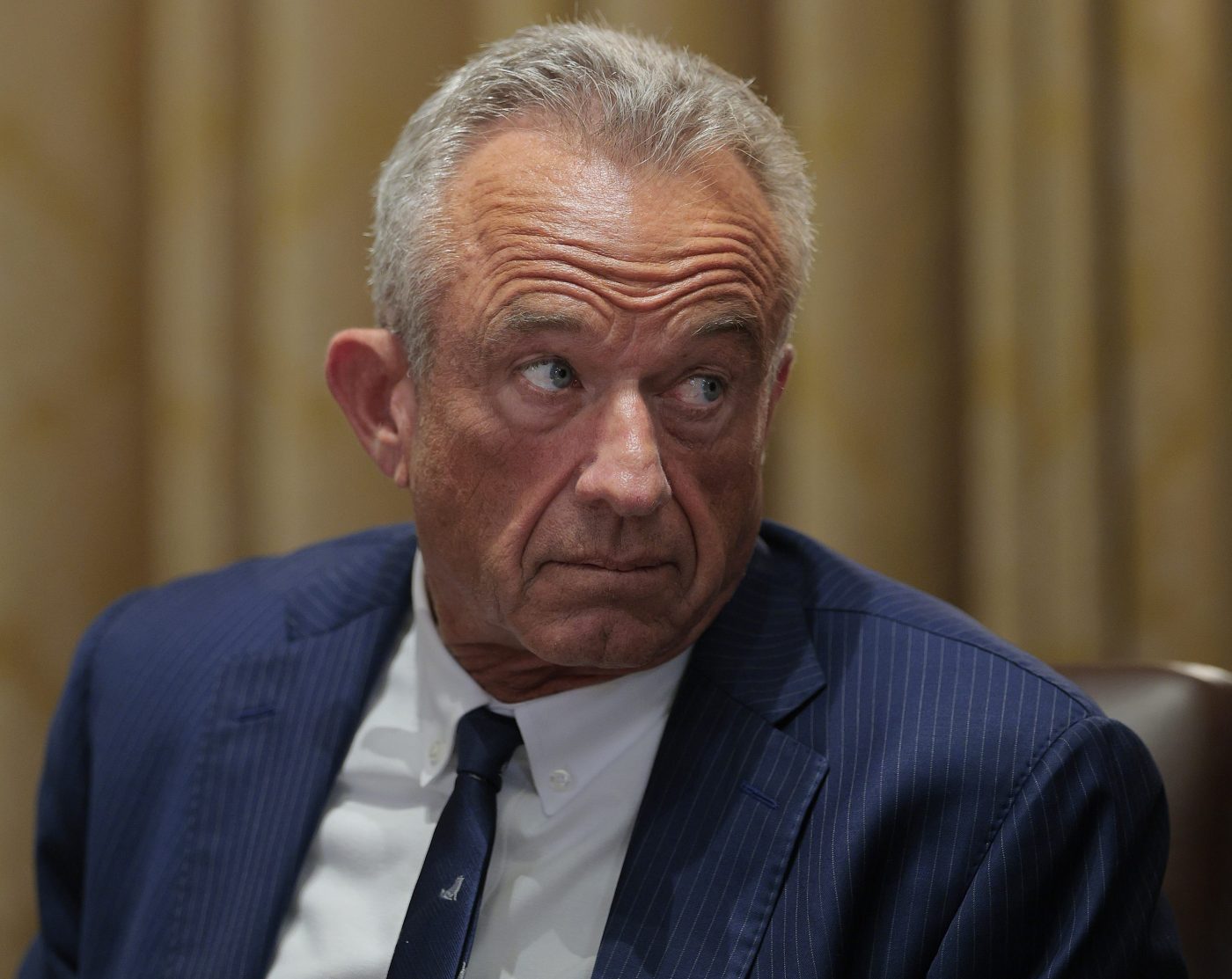Health
RFK Jr. Faces Intense Scrutiny Over Vaccine Policies and Agency Turmoil

Health Secretary Robert F. Kennedy Jr. appeared before the Senate Finance Committee on Thursday, facing intense questioning regarding his controversial vaccine policies and the ongoing turmoil at federal health agencies. As a prominent vaccine skeptic, Kennedy’s approach has raised significant concerns among lawmakers and public health officials alike.
Kennedy’s testimony came amid reports of mass layoffs and budget cuts within the Department of Health and Human Services, including the recent ousting of Susan Monarez, the director of the Centers for Disease Control (CDC). Monarez, who was dismissed less than a month into her tenure, described her termination as part of a “deliberate effort” to undermine public health efforts in the United States. In an opinion piece for the Wall Street Journal, she stated, “Public health shouldn’t be partisan. Vaccines have saved millions of lives under administrations of both parties. I was fired for holding that line.”
Kennedy is expected to address not only the firing of Monarez but also the broader implications of his proposed changes to vaccine policies. Critics argue that these changes could jeopardize the nation’s ability to prevent disease outbreaks. Notably, he has announced that COVID-19 vaccines will no longer be recommended for healthy children and pregnant women, a decision met with strong opposition from various medical and public health organizations.
The tension surrounding Kennedy’s leadership is evident, as more than 1,000 past and current Health and Human Services staffers have signed a petition demanding his resignation. Among those closely monitoring the situation is Senator Bill Cassidy (R-Louisiana), chair of the health panel, who previously supported Kennedy during his contentious confirmation hearing. Cassidy had secured a pledge from Kennedy to preserve the integrity of a key federal vaccine advisory committee, which has since been reshuffled with members who share Kennedy’s skepticism towards vaccines.
In addition to these policy changes, Kennedy has also halted $500 million in grants aimed at developing innovative mRNA vaccines, further intensifying concerns about the direction of federal health strategies. Despite the backlash, Kennedy has claimed victories in persuading some food manufacturers to voluntarily remove artificial dyes and additives from their products.
As Kennedy navigates this challenging landscape, he faces mounting pressure to justify his actions and reassure both lawmakers and the public about the future of health policy in the United States. The outcome of this hearing may have lasting implications for the nation’s approach to vaccines and public health, as Kennedy’s administration continues to provoke debate and scrutiny from all sides.
-

 Technology5 months ago
Technology5 months agoDiscover the Top 10 Calorie Counting Apps of 2025
-

 Health2 months ago
Health2 months agoBella Hadid Shares Health Update After Treatment for Lyme Disease
-

 Health3 months ago
Health3 months agoErin Bates Shares Recovery Update Following Sepsis Complications
-

 Technology4 months ago
Technology4 months agoDiscover How to Reverse Image Search Using ChatGPT Effortlessly
-

 Technology1 month ago
Technology1 month agoDiscover 2025’s Top GPUs for Exceptional 4K Gaming Performance
-

 Technology2 months ago
Technology2 months agoElectric Moto Influencer Surronster Arrested in Tijuana
-

 Technology5 months ago
Technology5 months agoMeta Initiates $60B AI Data Center Expansion, Starting in Ohio
-

 Technology5 months ago
Technology5 months agoRecovering a Suspended TikTok Account: A Step-by-Step Guide
-

 Health4 months ago
Health4 months agoTested: Rab Firewall Mountain Jacket Survives Harsh Conditions
-

 Lifestyle5 months ago
Lifestyle5 months agoBelton Family Reunites After Daughter Survives Hill Country Floods
-

 Technology4 months ago
Technology4 months agoHarmonic Launches AI Chatbot App to Transform Mathematical Reasoning
-

 Technology3 months ago
Technology3 months agoUncovering the Top Five Most Challenging Motorcycles to Ride



















